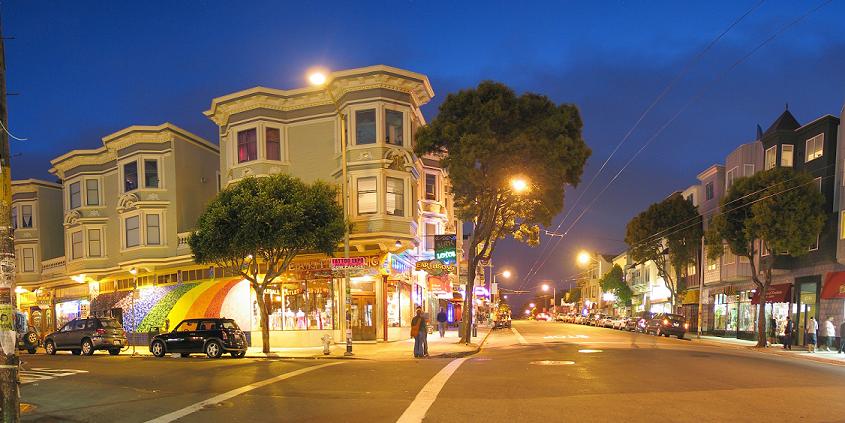For better or worse, San Francisco has been a leader among cities in many respects. Over the past several decades, the city has been a center of the hippie and countercultural movement, sexual liberation, LGBTQ rights, anti-war activism and more recently, information technology. Its proud history of harm reduction innovations has unfortunately been undermined by its taking the “lead” on banning e-cigarettes this year.
But city is also, at least nominally, a leader in the cannabis social equity movement. Along with its neighbor across the bay, Oakland, or more distant states like Massachusetts and Illinois, it has determined to leverage the legal cannabis market to try to right the wrongs of racist drug enforcement.
The reality is more complicated, however. San Francisco’s cannabis equity program offers benefits like a waiver of a $5,000 licensing fee and the ability to partner with “equity incubators” who can offer three years of rent-free space or “technical assistance.” To be eligible, equity applicants must meet certain criteria like having a criminal record for cannabis, coming from a low-income home or having experienced housing instability.
While the program’s goals may be laudable, the city has been slow to realize them. Since legal cannabis sales started in January 2018, not one of the 37 permitted dispensaries in San Francisco is owned by a social equity applicant. According to a December 5 report released by the city Controller’s Office, there are 277 equity applications in process but none have been granted a permanent license.
Equity applicants must be approved by the city’s Office of Cannabis, as well other departments including police and fire. The Office of Cannabis has a small staff of a director and four employees to review all of these hundreds of applications. Earlier this year it lost its first director, Nicole Elliot, who was hired by Governor Gavin Newsom as his cannabis adviser.
The city may soon reach a milestone. The first equity applicant to be approved by the city, Shawn M. Richard of Cole Ashbury Group, is finally moving towards opening San Francisco’s first equity dispensary. It will also be the city’s first black-owned dispensary.
The store will be located in the city’s historic Haight-Ashbury neighborhood, which was a center of the 1960s counterculture movement and the “Summer of Love.” Richard announced on December 11 that he is partnering with Cookies SF, a cannabis and clothing brand owned by hip hop artist Gilbert “Berner” Milam.
“Equity partners have to have some type of big funding,” Richard said in October as the deal was being developed. “Cookies has the funding to help us open up this store, and they understand the equity plan. And Berner is a hometown homeboy.”
“To cover these costs, some applicants are incurring personal debts and/or selling ownership shares.”
“Big funding” is indeed a differentiator in San Francisco, as in other legal cannabis jurisdictions. Opening a legal cannabis dispensary in the city remains very expensive—with startup costs between $1.5 and $3 million in high-traffic areas like Union Square.
“As it currently stands, due to long permitting timelines the city is in danger of further disadvantaging equity applicants that were specifically targeted due to their disadvantaged status,” the city Controller’s report reads.
Equity applicants who seek to open a storefront dispensary have to secure real estate for their proposed business. “For some, this means paying rent on a location that is not yet generating revenue,” the report continues. “To cover these costs, some applicants are incurring personal debts and/or selling ownership shares to investors to fund the business while they wait on permit approval.”
The report also points out that the city offers no significant financial assistance to equity applicants— unlike neighboring Oakland, which has offered them $3 million in loans. Applicants must navigate a cumbersome and bureaucratic licensing process that typically lasts 18-to-24 months from submission to approval.
“The businesses most likely to survive to market will be from the more well-resourced applicants, including businesses that sold partial ownership to investors,” the Controller’s office noted. “Applications from individuals such as sole proprietors with little outside investment will be less likely to survive to market due to the capital needed.”
Richard’s store is projected to open by the end of this month, nearly two years after recreational cannabis sales started in his home city. It remain to be seen what further progress San Francisco can make to fulfill its promises of an equitable cannabis market.
Image of Haight-Ashbury neighborhood in San Francisco, CA via WikiMedia Commons.





Show Comments